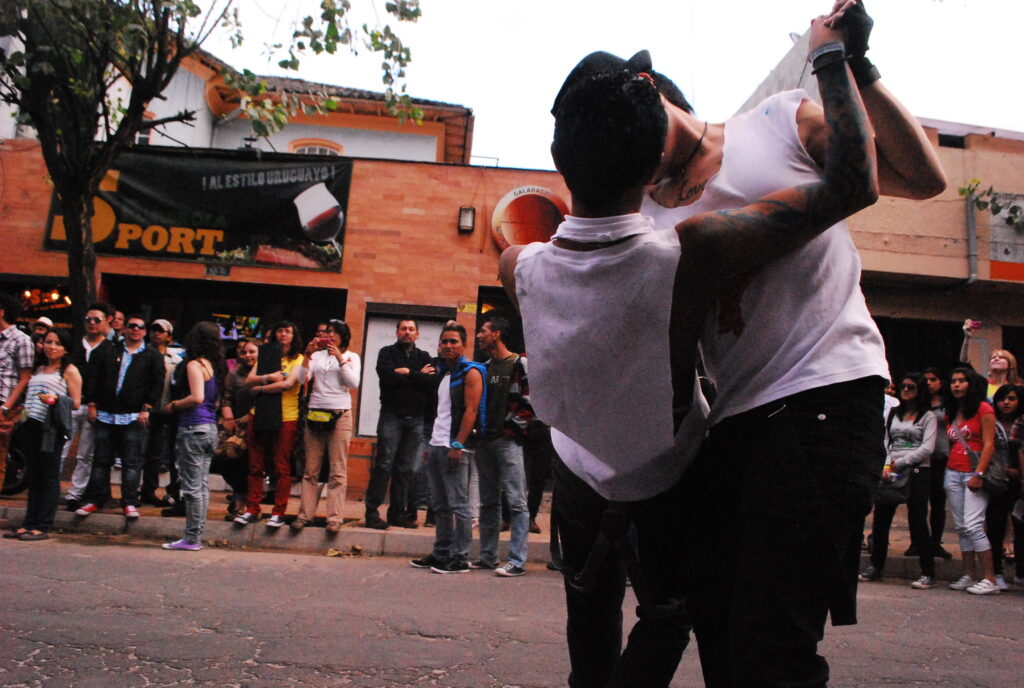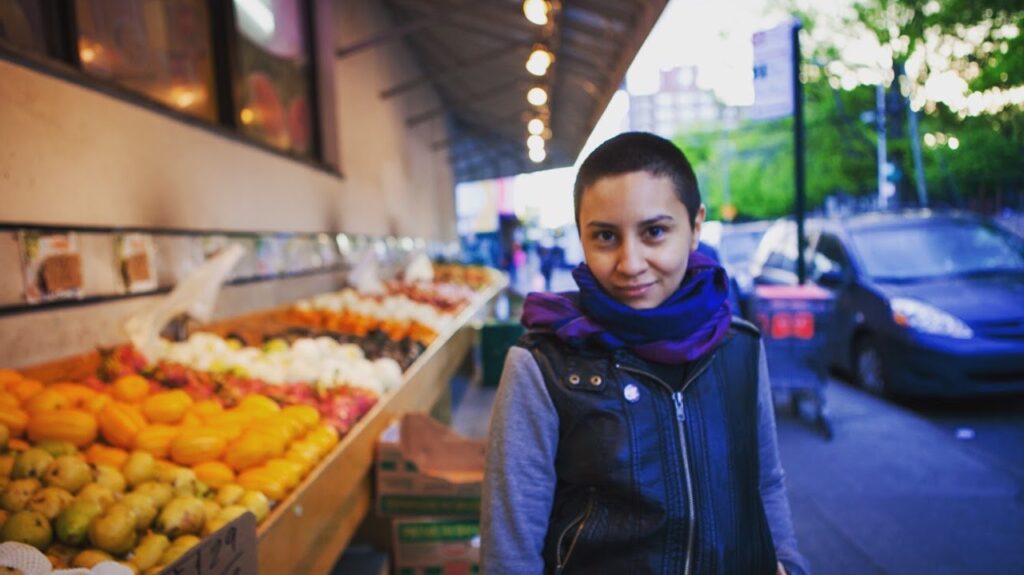Vacationer of the Week: Trans Travel Writer Bani Amor
Every week, Vacationer will talk to queer travel writers, business owners, industry leaders, and influencers. Our goal is to amplify some of these underrepresented voices to ensure we live up to our mission to be inclusive and showcase the LGBTQ+ community’s diversity in its entirety.
Bani Amor is a 33-year-old trans travel writer and lecturer. They started traveling and writing as a teenager, which coincidently was the same time they became involved in activism. Their work has been featured in publications such as CNN Travel, Fodor’s, AFAR, Eater, Teen Vogue, and Bitch.
We wanted to chat with Bani about issues transgender people have to deal with when traveling, how her ethnic background influences her travel planning, and why the four-time VONA/Voices Fellow is so passionate about her workshops on decolonizing travel culture.
Vacationer: What was the first trip or experience that sparked your interest in travel?
Bani Amor: My interest wasn’t necessarily sparked. I started traveling really out of necessity as a teen and it was the farthest from fancy you could get, but I was born and raised in New York City, so seeing mountains and deserts and the actual night sky without light pollution and smelling actual fresh air in a forest was all revelatory for me. No one in my family was ever able to see or do any of that.
Your four-part lecture series, Decolonizing Travel Culture, has started. What does ‘decolonizing travel culture’ mean to you?
Decolonization is about returning colonized land and culture back to Indigenous hands. I believe that if we are to form true cross-cultural connections or experience other lands and their people in just ways, that the current conditions that strain those relationships should be abolished. Self-determination is an essential right. Without it, we see government institutions, private enterprises, and entitled individuals treat so-called ‘destinations’ as if they’re disposable commodities built for the enjoyment of a limited class of people. If everywhere eventually becomes a tourist trap, then what the hell’s the point, after all?
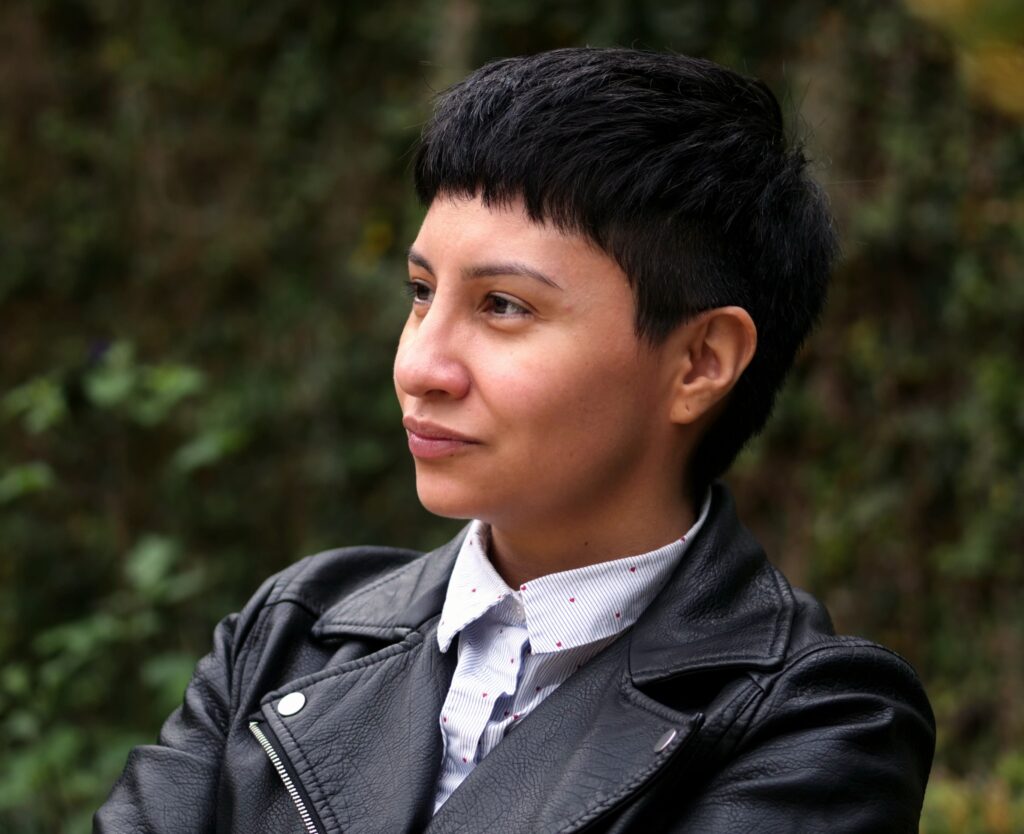
After the course, what do you hope will be some of the lessons learned for attendees?
I hope that the word ‘decolonize’ won’t be used as a synonym for ‘ethical’ choices and decent behavior. Coloniality and oppression in tourism are systemic and the ways we think and consider it is detrimental to human relations, to community, and true belonging. Many people don’t feel a connection to the land or their communities, and that lack of accountability is central to many of the issues stifling society today.
What are some issues transgender people have to deal with when traveling?
First off, many trans people don’t feel safe leaving their homes, or even in their homes. Many trans people migrate or relocate because of this. Searching for community and found family is at the heart of much of the LGBTQIA+ experience, especially for BIPOC and economically disenfranchised people. So when it comes to leisure travel, a lot of people can’t afford that, and just with traveling out of necessity, papers can be the first obstacle.
A lot of people don’t have documents that match their gender identities, and even when they do, the TSA has a binarized security system, and it’s just discriminatory trash. I mean that an agent pushes either a pink or a blue button before you pass through detectors, judging your gender based on a glance and their own biases. If you have a binder or you’re packing (a packer makes it look like you have a bulge in your crotch), or you have padding on your chest or butt or anything – or God forbid they see different body parts that they weren’t expecting to – it gets flagged, and then you’re searched and touched, etc. Then there are transphobic laws across the world and discrimination and safety issues just as you would have at home. Trans bodies are policed and under suspicion everywhere.
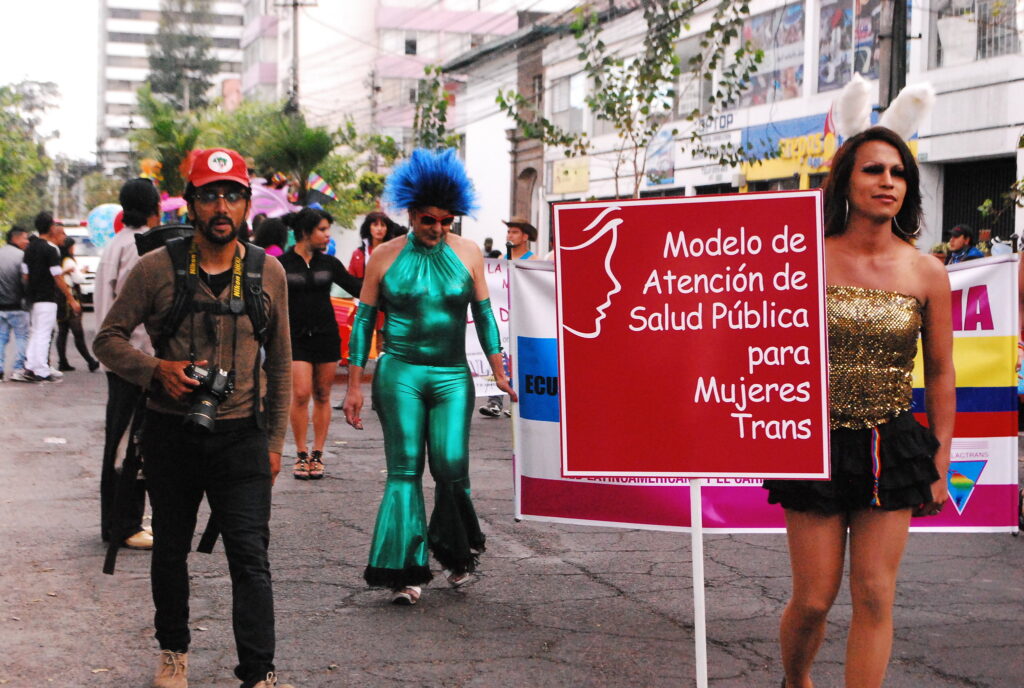
Do you see the travel industry taking any steps to make travel for trans people better?
From where I’m standing, not really. Let’s be real, ‘LGBTQIA+’ (if the IA+ is even included) in the travel space just means cis gay men, and I think the industry is still failing the first letter, ‘L’. If like, four or five out of the six letters aren’t really supported, then why even call it that? I don’t see any other trans people on the Pride travel panels or lists of travel influencers or writers. If I’m the only person included on a panel or something as a part of the trans community then I’d consider it a failure, because I have the privilege of often – not always – being read and treated like a cisgender woman. I think it’s important to have visibly trans people, especially diverse ones, in these spaces. If people can’t find any in their networks, then there’s something wrong with their networks.
What inspires you to travel?
I’m just a basic Pisces bitch who’s always full of wonder. Now that I’m home a lot because of my disabilities and the lack of accessibility that would allow me to just go to a different part of my own city. I’m even more grateful just to go outside, walk down a different block, stick my head out of a car window, and feel alive.
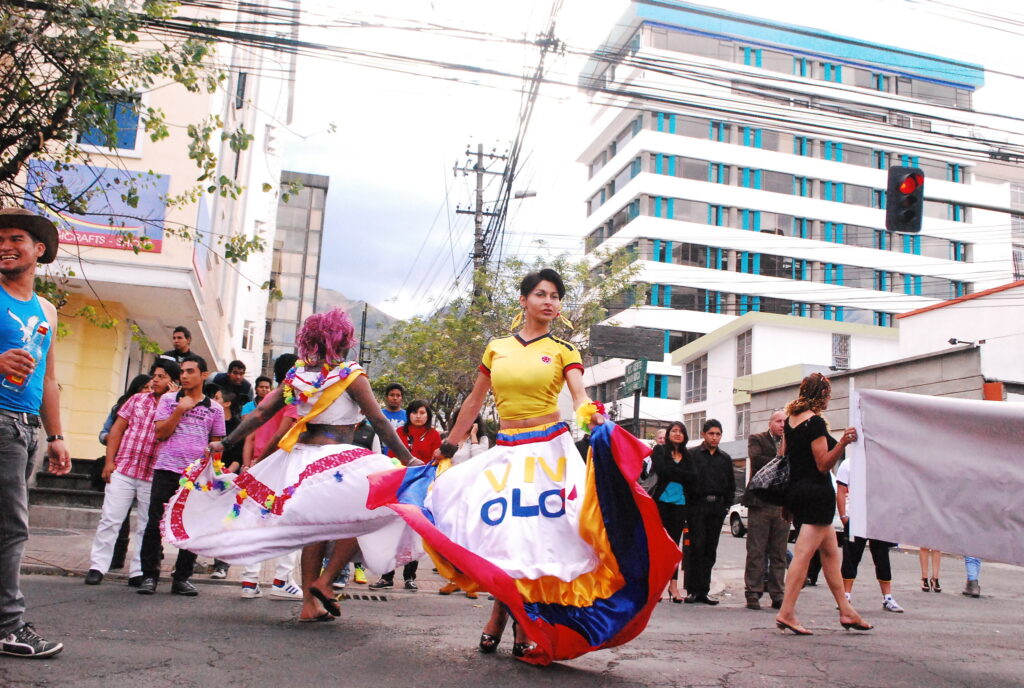
Has your ethnic background influenced the way you travel or what types of travel destinations appeal to you?
I mostly just travel to Ecuador and back to Queens at this point. Becoming disabled has limited travel a lot for me, plus I’m happy to just go home and be in my family’s homeland for a few months, see friends and family, return to the same places, and build bonds over time. There’s always something new to see, a new town I hadn’t been to. It’s an incredible place and I feel at home there.
I’m also Guatemalan. My father is Mayan, but I have no connection to that part of my culture. Being a light-skinned mestize person who speaks English and has a blue passport moving throughout the Americas, I’ve learned the privilege and power I have as well as the cultural identity I’ve lost due to colonialism and good ol’ Cis-heteropatriarchy. It’s why travel is so central to my story and so interesting to me as a site of disconnection. I don’t have to tick off a bunch of places off a bucket list to experience the best of travel.
What travel trend or change in travel are you most excited to see happen?
I think that as BIPOC (Black, Indigenous, and People of Color) gain more of a voice in this space and younger, socially aware folks interrogate capitalism, I hope that people start thinking more about labor solidarity abroad. We saw tourism operators and white-led magazines say “Black lives matter” a lot last year, but then expect them to continue to labor under unfair conditions across the industry, internationally. I think a lot of people are connecting the dots right now between all these systemic inequalities and that’s a very good thing.
